Athletic Trainer on Retainer
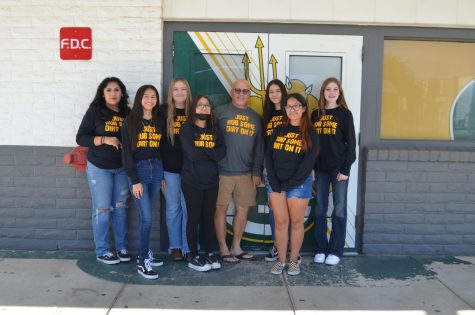
December 8, 2022

ATHLETIC TRAINER ON RETAINER
Have you ever wondered what it is like to be an athletic trainer? Have you ever wanted to get in on the fun? Greenway’s very own athletic trainers are here to give some insight, including all the ups and downs of committing to this extracurricular activity.
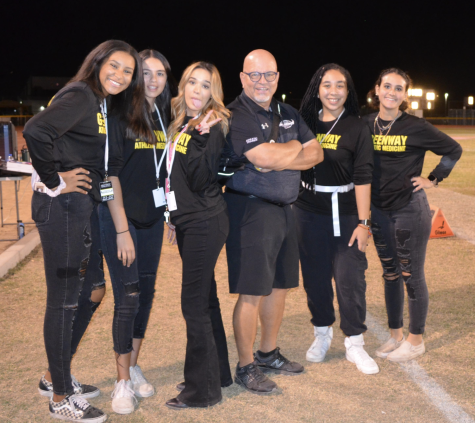
“As a student being an athletic trainer, the most important thing that we have to know is how to help people that are injured, but sometimes it can be difficult.
Some challenges that we are dealing with are athletes that are injured and have an attitude. One thing that we are not allowed to do is to date the athletes that are in season. One of the rules that we have to follow is to help out with anything that we can do. I do recommend becoming an athletic trainer if you’re willing to accept the terms and conditions.
One of the benefits is that we get a free education on how to tape and take care of hurt athletes. I like the relationships I built with my fellow athletic trainers and with the athletes that are always injured or need something. I also like learning from Ron Kordonowy.

One thing that I don’t like is dealing with the athletes that have an attitude with us as we’re trying to tape them or help them with their injuries,” Sophomore Audrina Peralta said.
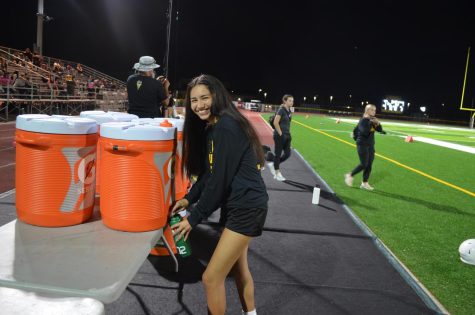
“I think the most important thing you have to know as an athletic trainer is knowing how to work and talk with people even if you don’t like them. You still have to keep your cool and ask what they need and be respectful to them.
I believe some things are harder than others about being an athletic trainer, but I say for the most part it’s a pretty fun and teachable experience. One of the biggest challenges of being an athletic trainer is taking on a lot of responsibility due to bad injuries on the field, or any sport for that matter.
I would recommend being an athletic trainer because so far, for me, it’s been a pretty good experience and a good way to make friends and talk more, getting to know how to be around people. This can also help you in college if you want to do it for college. They know you have experience with being an athletic trainer, and I’d like this for a career. One of the most things I enjoyed while being an athletic trainer was hanging out with my friends after school working together helping Ron out with things and having fun at their practices and games,” Freshman Jaida Henry said.
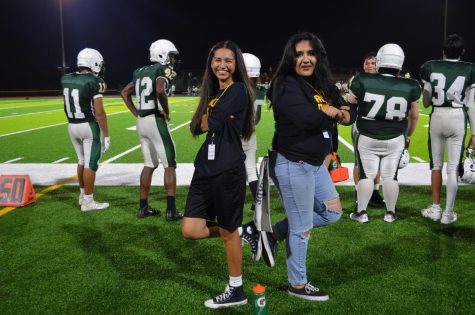
“The most important thing is that we have to know what to do when Ron is not there. I don’t think being an athletic trainer is hard; you just have to keep up with what’s going on. One of the challenging things that we have to do is try to keep up with everything going on.
One of the things that I don’t like is doing the laundry,” Sophomore Eliana Peña said.
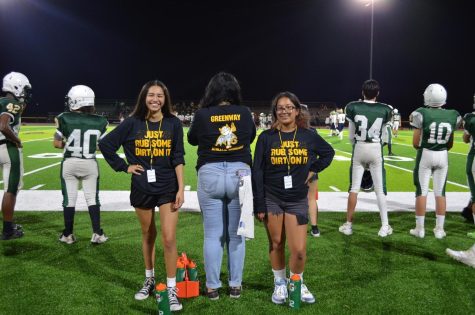
“I think it is important to know that you’re there to help and go where needed. It’s not necessarily hard to be an athletic trainer, there’s just a lot of things to learn how to do.
I would say some challenges would be keeping up with who needs what. There are a lot of athletes who come in for different reasons and injuries. We are not allowed to be involved with or cause any drama relating to the athletes. There are certain rules that we have to follow but it’s nothing unreasonable, and it’s pretty laid back for the most part. I would recommend you to be an athletic trainer as long as you have a decently open availability.
Some benefits are learning how to care for different injuries and how to tape for that injury, also getting into games for free. I think I like the most is being able to learn what athletic trainers do and how to do it. One thing that I don’t like is that some of the athletes we work with are very rude and disrespectful,” Junior Harlee Schad said.

“As a student Athletic trainer, the most important thing that I have to know is how to efficiently help the athletes promptly to make sure everyone is helped before their practice times.
It’s difficult to keep track of everyone and what everyone needs, but after a while it gets easier and you develop a routine and you just know what to do.
Some of the challenges of being an athletic trainer are having to run around and do a million things at once. Some athletes need taped for practice, some need to get their rehab exercises done, some need equipment from the equipment rooms, and water needs to be filled for games and practices; it’s a lot.
One of the things I like most about being a student athletic trainer is probably just having something that I enjoy doing after school; it keeps me busy and it’s fun. It is also giving me a lot of experience since I plan to major in athletic training at GCU. One thing I don’t like about being a student athletic trainer is probably how time-consuming the job is, even though I enjoy what I do, it’s nice to have some personal time as well,” Senior Caitlin Rosales said.

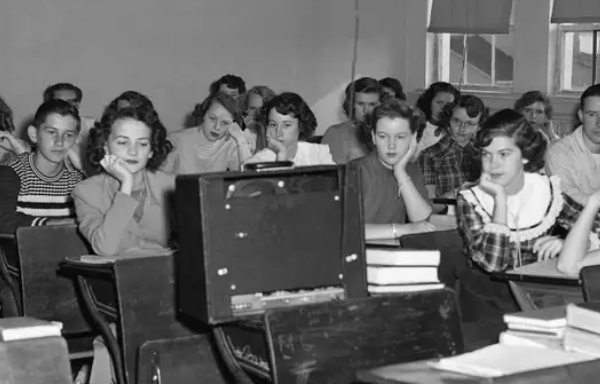




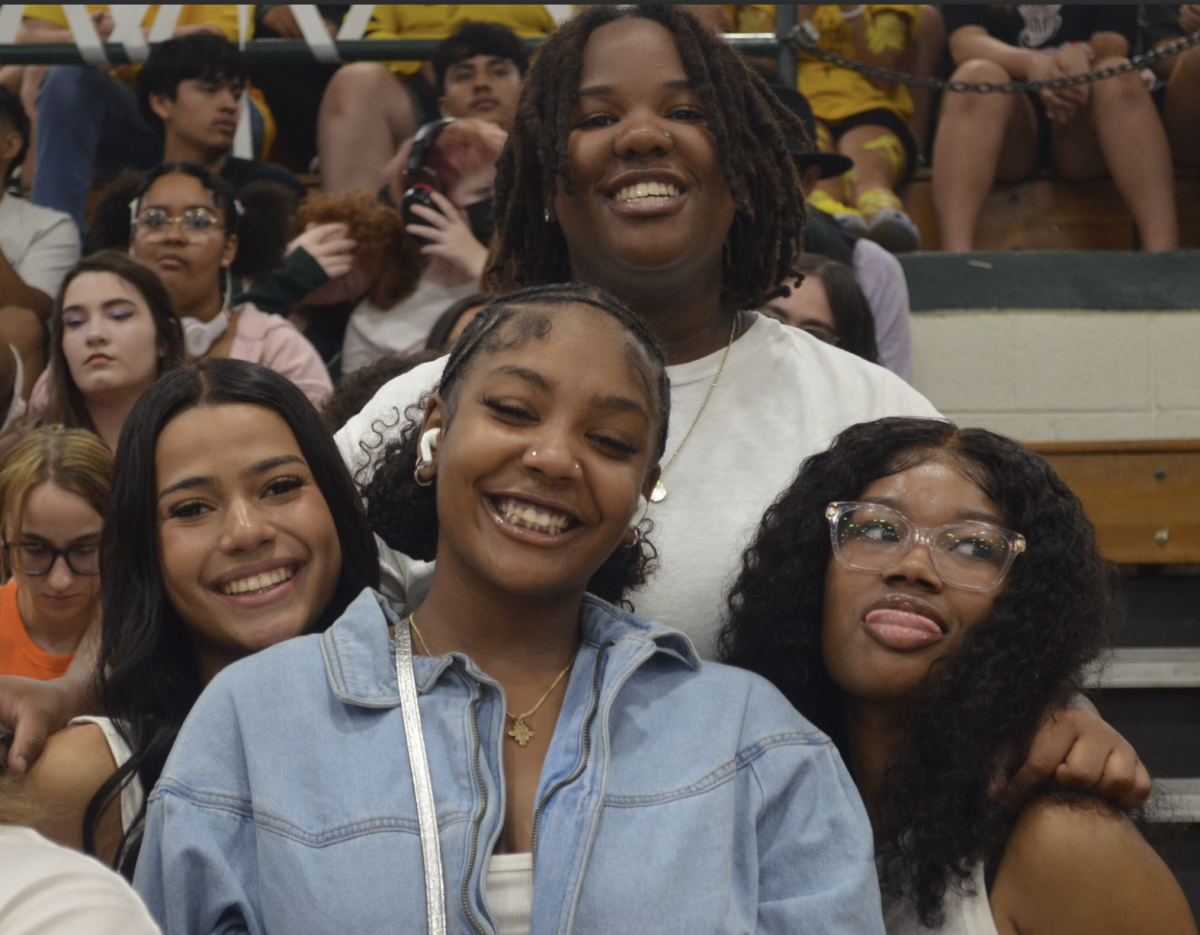

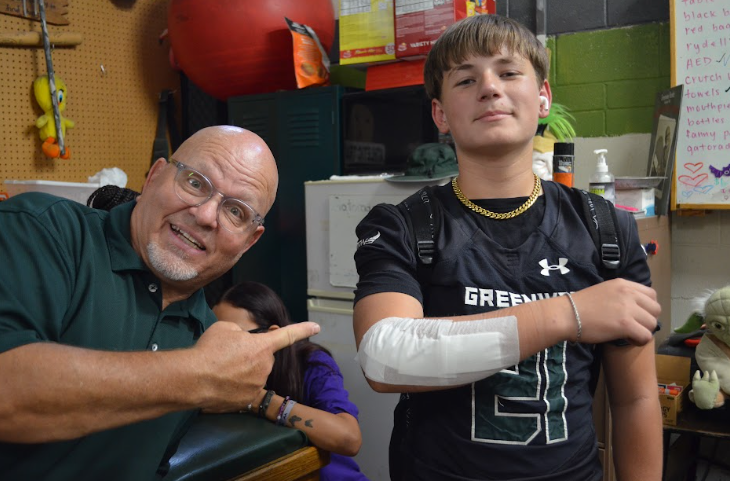
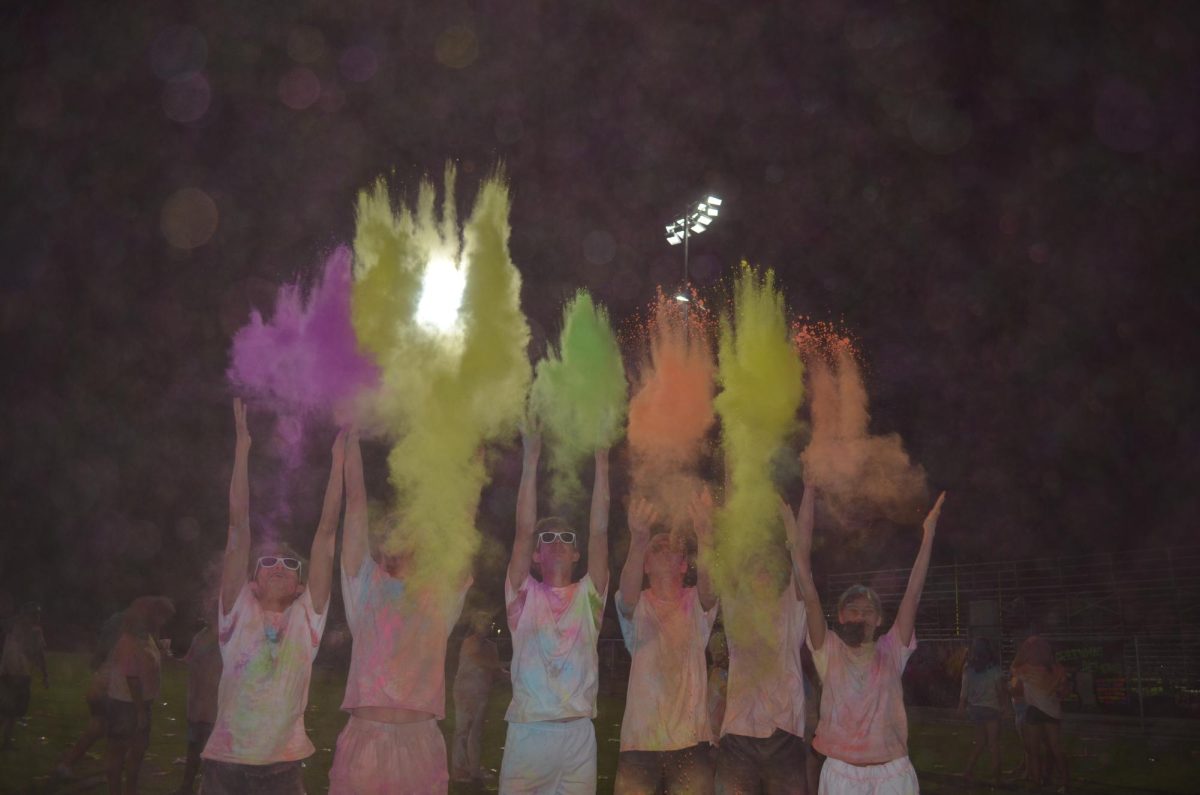
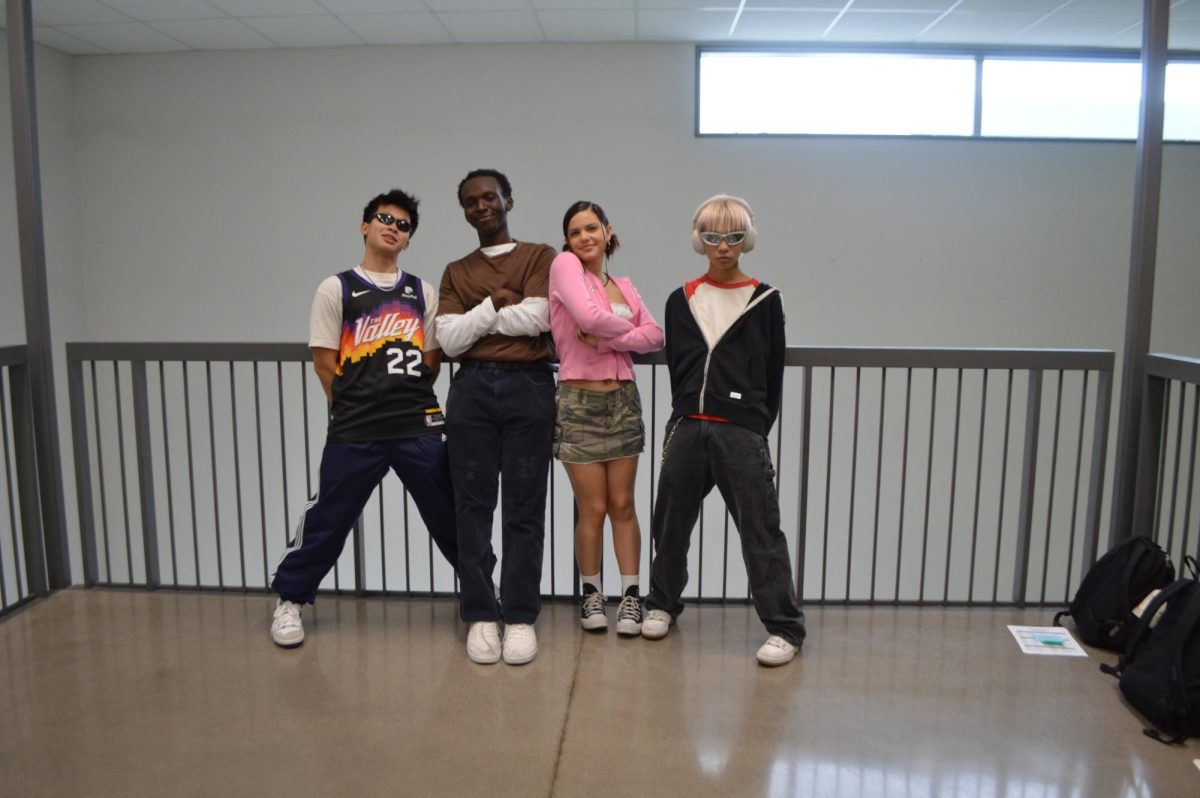

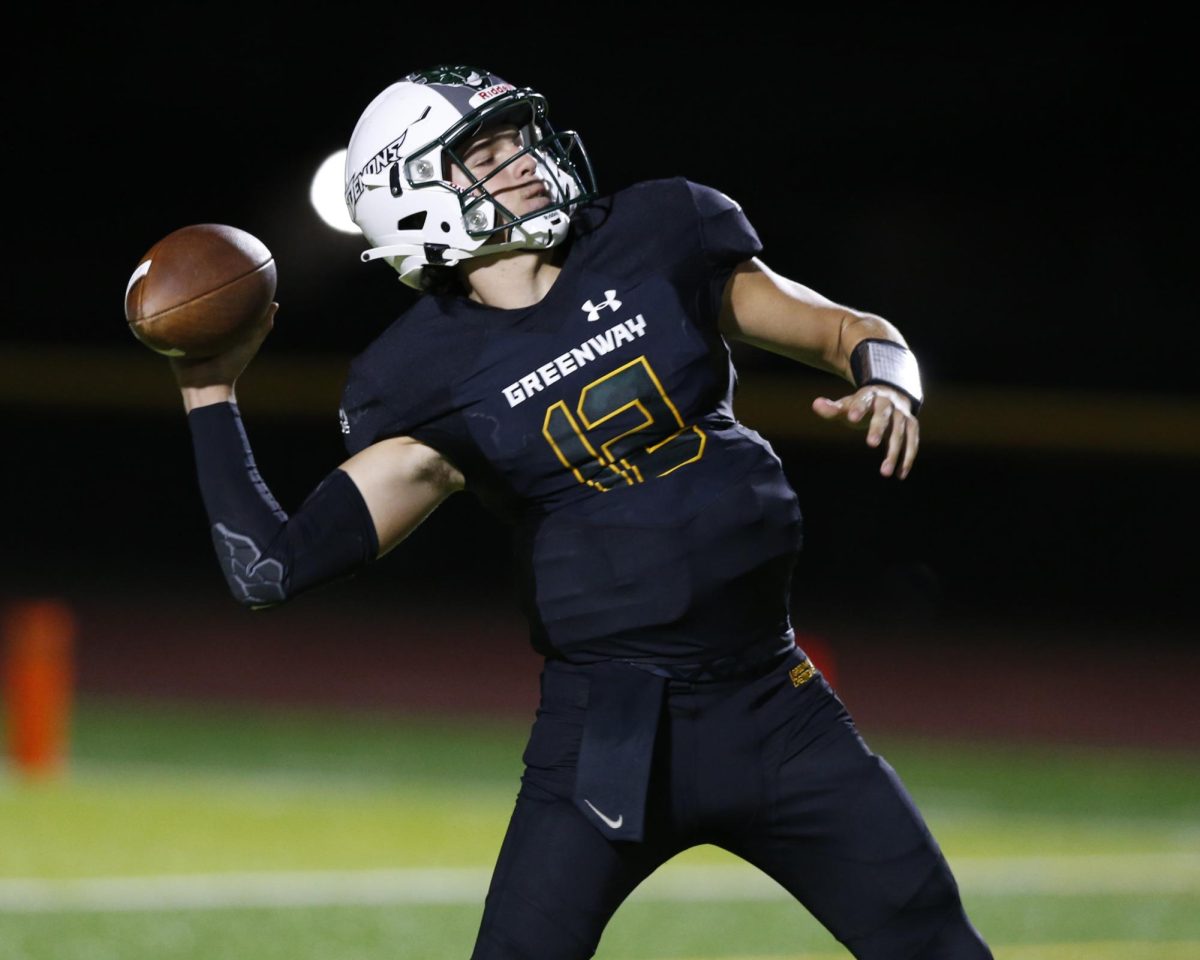
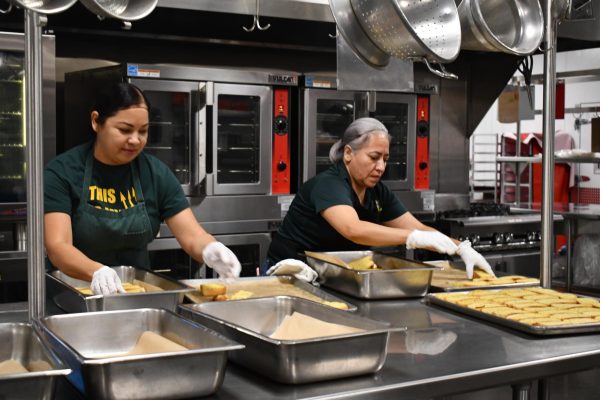
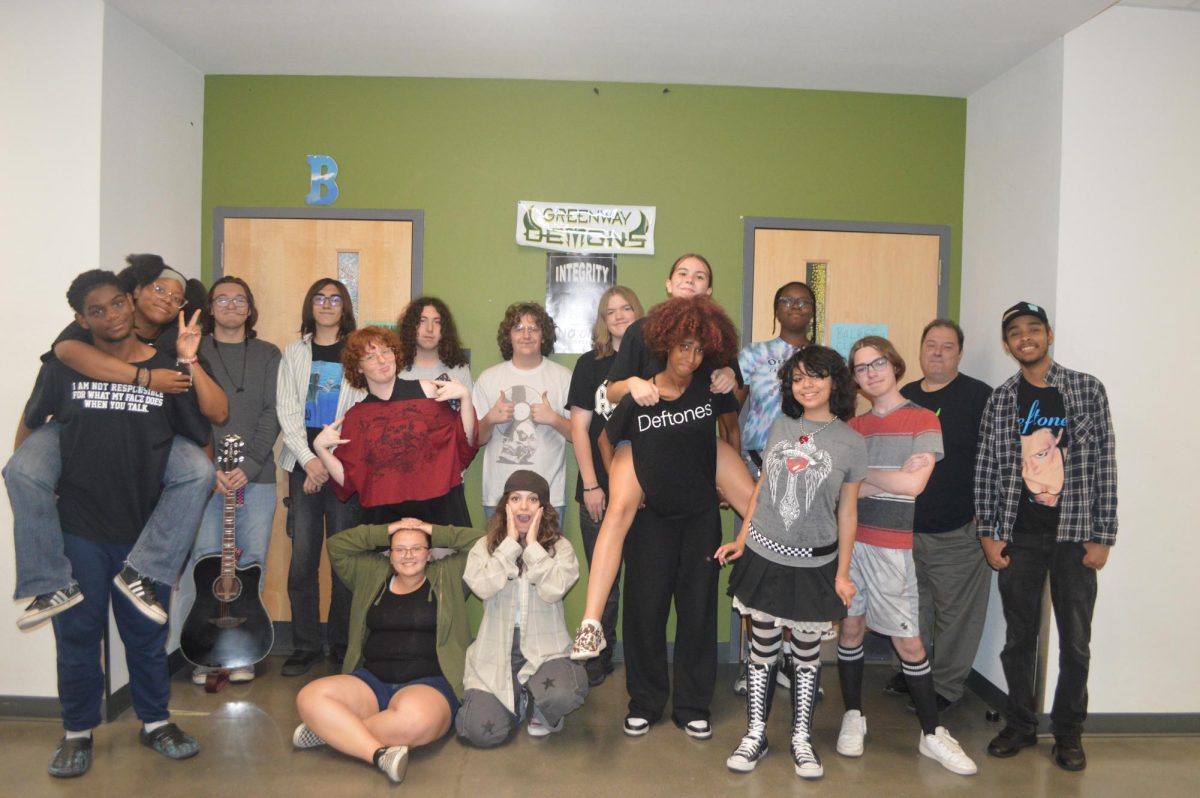

Jessica Hodges • Dec 15, 2022 at 12:34 pm
“One thing that I don’t like is dealing with the athletes that have an attitude with us as we’re trying to tape them or help them with their injuries,” Sophomore Audrina Peralta said.” You shared the good and bad of being an athletic trainer, which was a fresh perspective
Daanika Curiel • Dec 15, 2022 at 10:58 am
The in-depth quotes straight from the athletic trainers are incredible!
Mariathna Arroyo • Dec 13, 2022 at 5:54 pm
I love how it explains the pros and the cons of being a Athletic trainer is.
Atianna Flores • Dec 12, 2022 at 3:27 pm
I liked how you included how the students can benefit from becoming an athletic trainer and how even though there are some issues they can still get through it.
Kihlee Amaral • Dec 12, 2022 at 3:12 pm
Its amazing how all these students talk about how they enjoy being a part of this but also talk about how whats difficult about it.